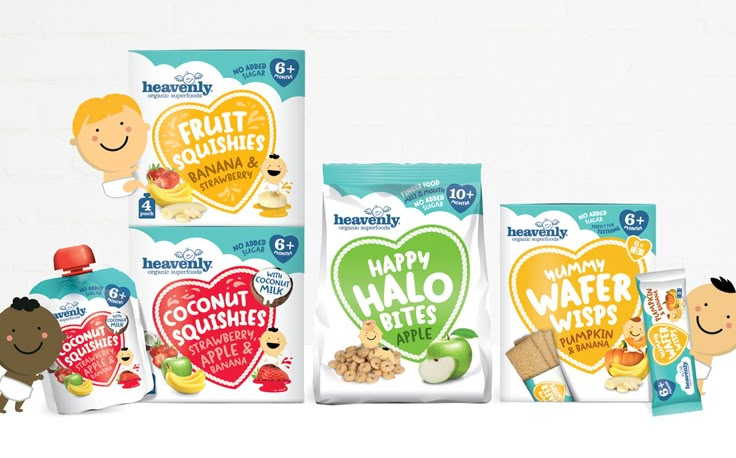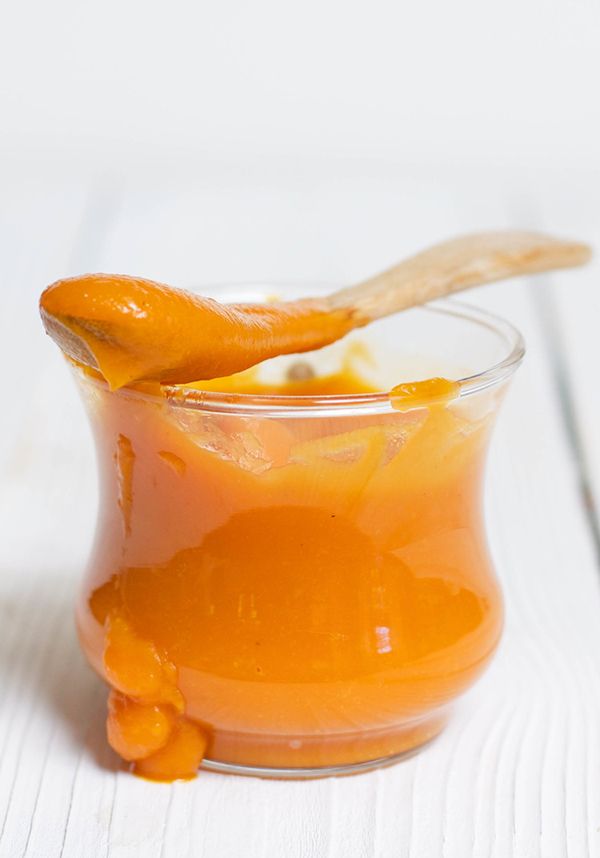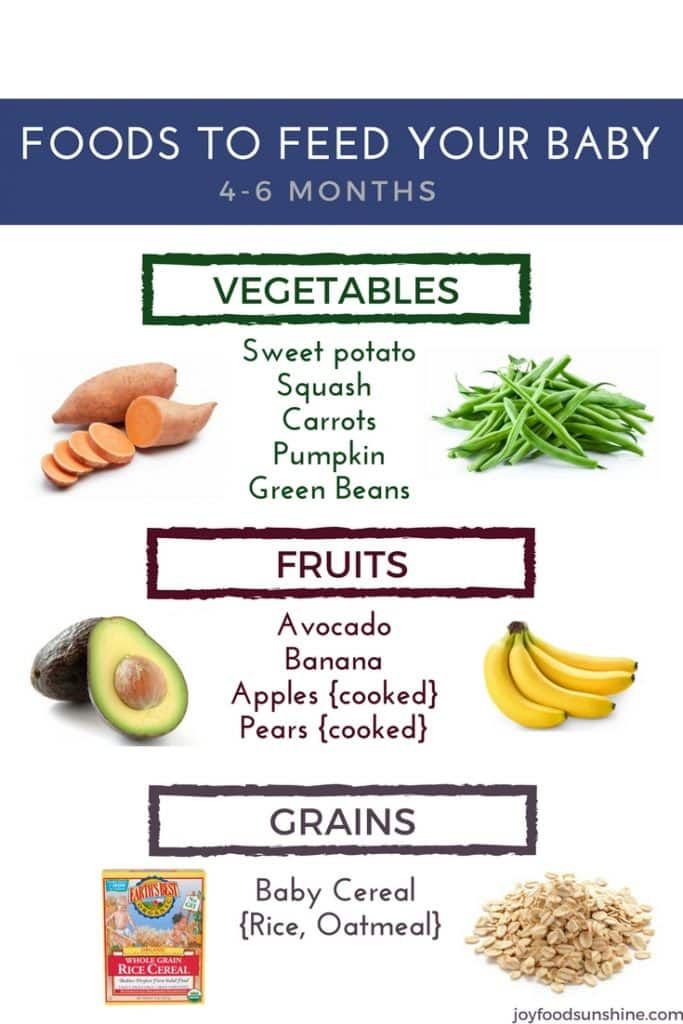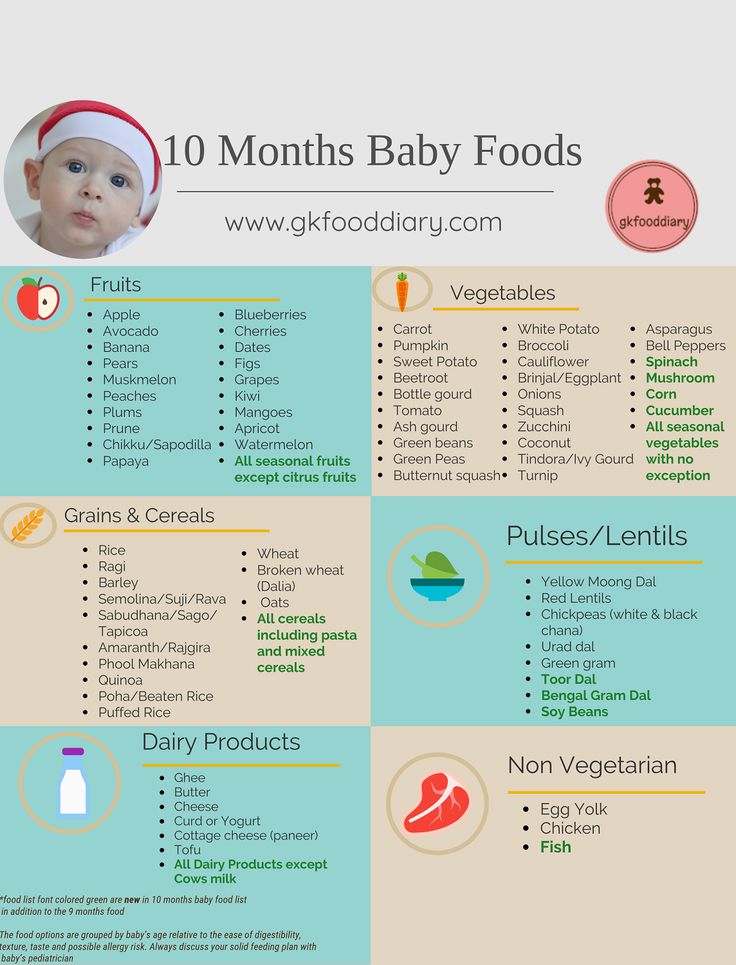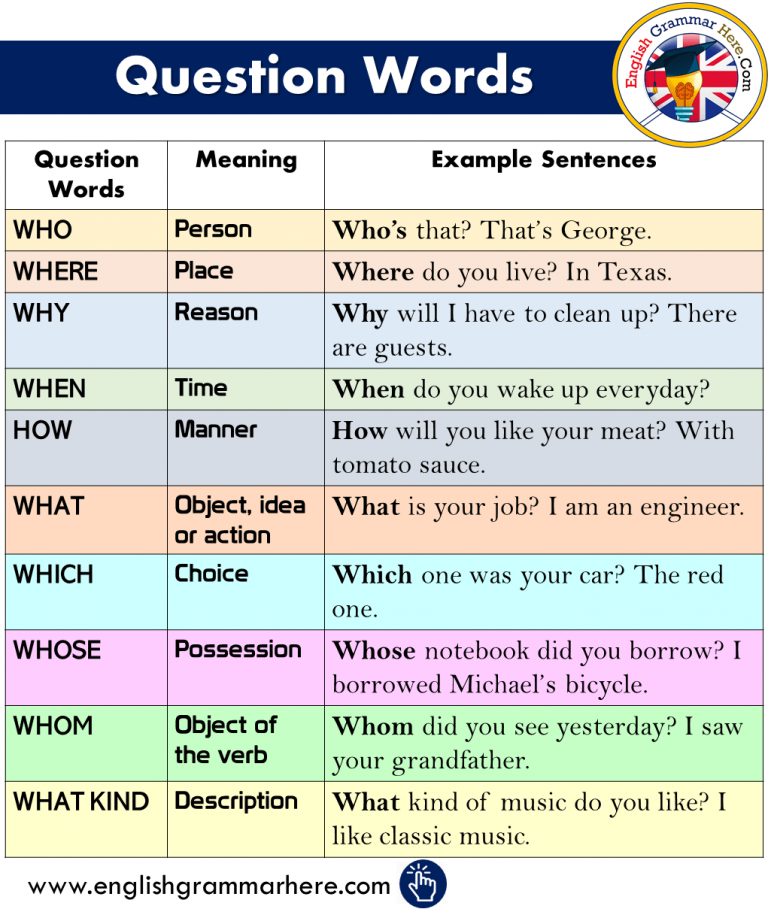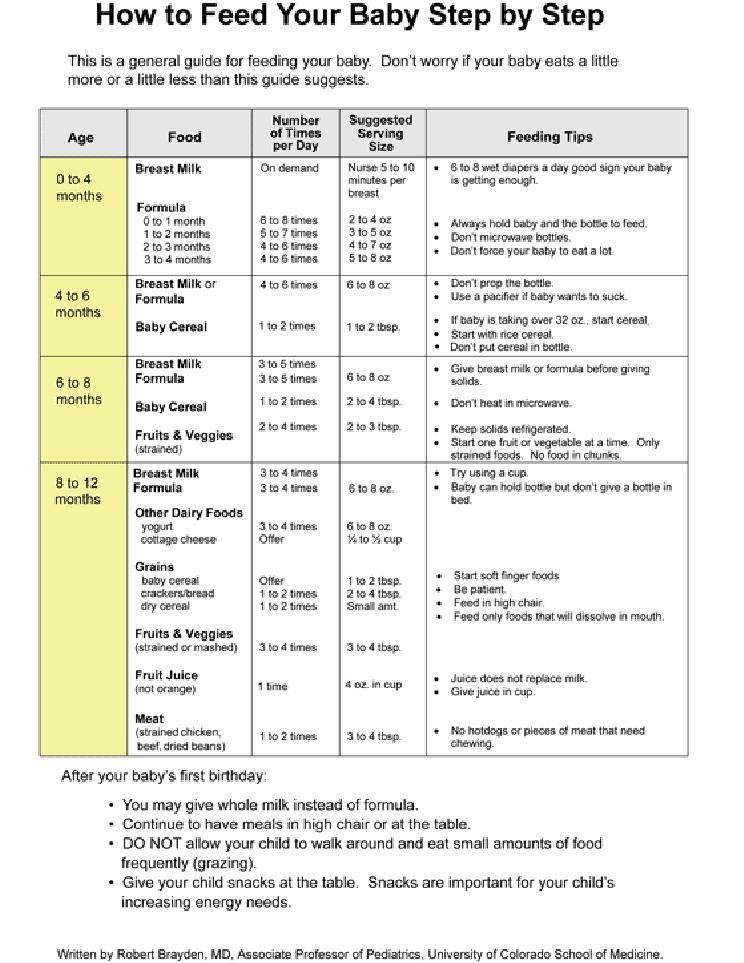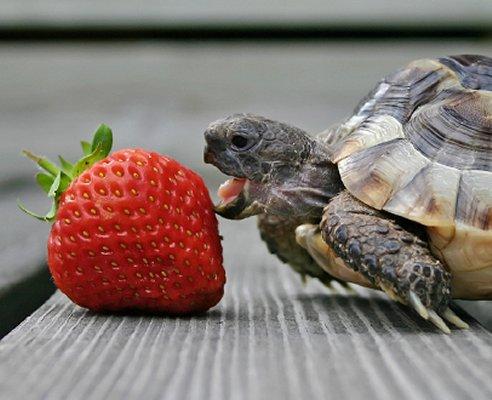Baby food with coconut milk
Trying Coconut Milk Recipes for Babies, Toddlers and Kids
Coconut milk is a nutritious, tasty, and superfood for babies and kids, it's believed as the next best thing to breast milk. Including it regularly in a kid's diet is an excellent way to improve their bone strength and immunity to fight diseases. The miracle liquid has a creamy texture and natural sweetness, which makes it perfect for babies.
Here are some recipes to include coconut on your kid's menu. Read more about the nutritional benefits of coconut milk, how and when to introduce coconut milk to the baby etc.
When can I introduce Coconut Milk to my baby?Coconut milk can be introduced to babies' diets from 8 months. Giving plain coconut milk to babies is not a good idea. Hence add a few tablespoons of coconut milk to mashed vegetables or porridge to enhance the taste and creaminess. Please keep in mind that breast milk or formula should be primary for babies below one year and not be replaced with coconut milk.
You can add it to milkshakes, kheer, smoothies, soups, rice, or curry for toddlers and kids. You can give a full ¼ cup to ½ cup of coconut milk daily for babies and toddlers. Don't give more than mentioned as it keeps the tummy full for a long time; hence, the child cannot eat other foods. Also, note that coconut milk cannot be used as a complete substitute for cow's milk for toddlers and growing kids as its low in calcium and protein.
How to select and store Coconut Milk for Baby Food- Freshly extracted homemade coconut milk is recommended for babies as it has a nice flavor and is naturally sweet, unlike store-bought coconut milk.
- Use the homemade coconut milk directly or refrigerate it as per your preference. It stays good for four days in the refrigerator.
- You could opt for organic, unsweetened store-bought canned coconut milk in emergencies. Store in the refrigerator once the can is opened and finished within 4-5 days.
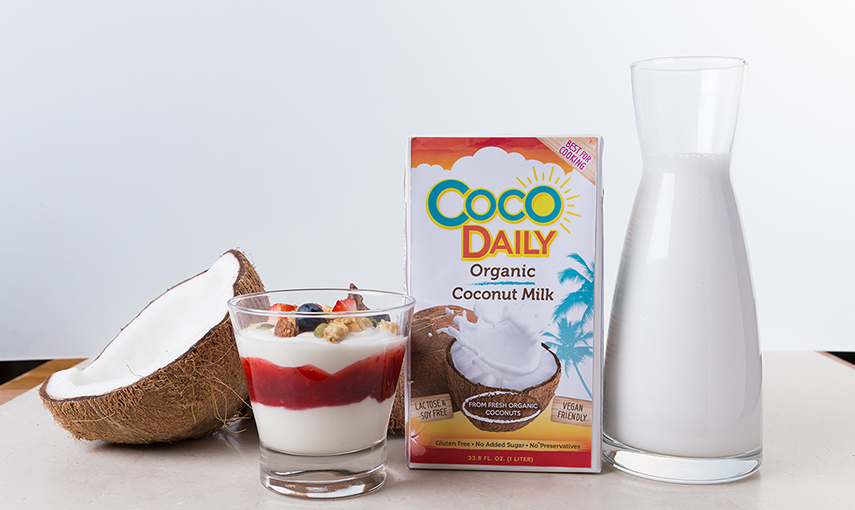
Here is the nutrition information for 1 cup of coconut milk (100 g)
Source: USDA
Health Benefits of Coconut Milk for Babies and Toddlers- The phosphorus and magnesium content in coconut milk helps to build healthy muscles
- Keep your baby's skin glowing as its rich in Copper
- Vitamin C in coconut milk improves immunity in children
- It helps to relieve constipation due to its electrolytes and healthy fats
- One cup of coconut milk contains 25% 0f daily iron, which prevents anemia in children.
Here are some recipes to include nutritious coconut milk in your child's menu.
1. Homemade Coconut Milk (8 Months+)Coconut milk is readily available in the market, but homemade coconut milk is fresh and tastes delicious! Making coconut milk at home is simple, except for the grating part.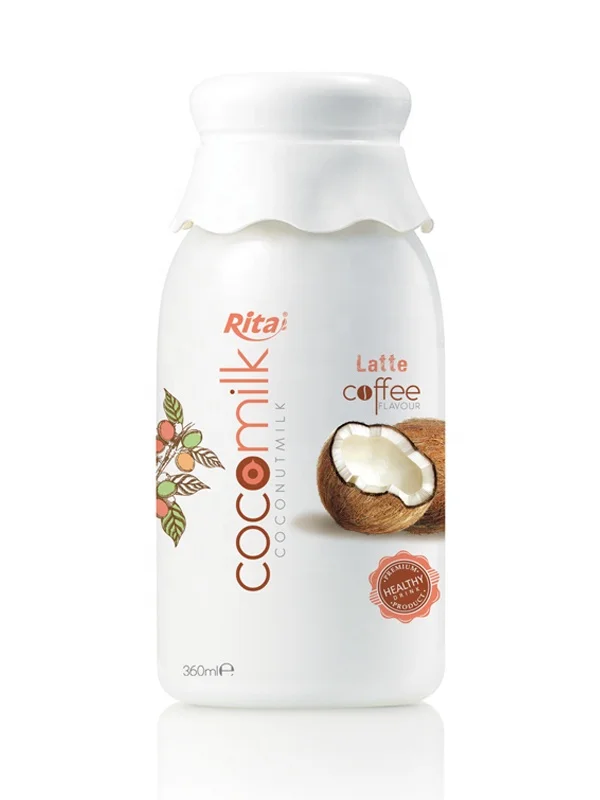 You can use the coconut milk immediately or refrigerate it as per your preference.
You can use the coconut milk immediately or refrigerate it as per your preference.
Vegetable Oats Porridge is a smooth, quick, one-pot savory porridge for babies and toddlers with vegetables, oats, and coconut milk! This creamy oats porridge is wholesome and filling that it can be given to babies as breakfast or even lunch.
3. Rice Moong Dal Kheer With Coconut Milk (8 Months+)Easy to make, tasty, healthy dessert recipe for babies and toddlers with coconut milk and homemade rice moong dal cereal. It makes a delicious and filling dessert for small babies, even toddlers.
4. Dates Kheer with Coconut Milk (8 Months+)Dates kheer is a quick, healthy, no-sugar kheer made with dates, nuts, dry fruits coconut milk. This delicious date kheer recipe is straightforward to make within 15 minutes. It can be served as a quick dessert for babies after introducing dates and coconut milk separately.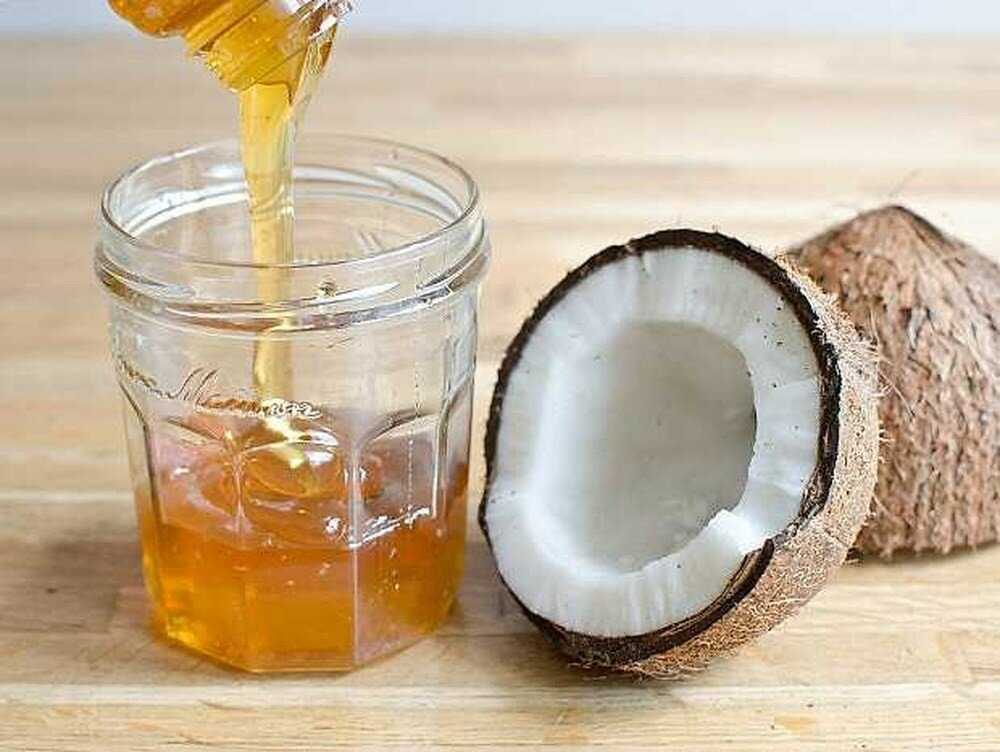
Poha kheer is an instant kheer made with poha aka flattened rice, nuts, dry fruits, and coconut milk. It is simple to make with fewer ingredients, and it takes only 15 minutes to prepare this delicious-tasting kheer. It can be served as a dessert or a quick evening snack for babies and toddlers.
6. Broken Wheat Kheer with Coconut Milk (8 Months +)Healthy dessert made with Dalia/ broken wheat/cracked wheat, nuts, and coconut milk! Dalia is a great nutritional food for babies and kids. Hence its recommended to include them in their diet at least once a week. This Dalia kheer tastes so yummy! I am sure your little ones & the whole family will like it!
7. Sabudana Porridge with Coconut Milk (8 Months +)Energy-boosting porridge recipe made with Sabudana/sago/javvarisi and coconut milk. This Sabudana porridge is a weight-gaining food for babies and growing toddlers!
8.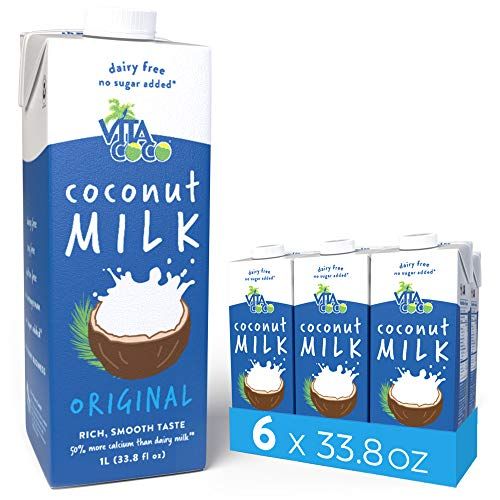 Mango Apricot Smoothie with Coconut Milk (8 Months +)
Mango Apricot Smoothie with Coconut Milk (8 Months +)The tasty smoothie recipe is made with mangoes, apricot, and coconut milk! This smoothie is one of the best ways to include apricots in children's diets! Make sure to introduce mango and coconut milk separately before you try this mango apricot smoothie for your baby.
9. Banana Kheer With Coconut Milk (8 Months +)A delicious dessert made with Kerala long banana /Nenthram pazham, nuts, and coconut milk! Kerala banana is a great healthy food for growing babies and kids that helps in healthy weight gain too. This banana kheer is sure a healthy treat to babies and kids, as it is tasty and delicious.
10.Fish Curry with Coconut Milk (10 Months+)Mildly spiced fish curry with coconut milk apt for babies, toddlers, and kids. This fish curry is easy to make within 30 minutes and goes well with plain rice, Idli, or Dosa.
11. Moong Dal Kheer with Coconut Milk (8 Months +)
Moong Dal Kheer with Coconut Milk (8 Months +)Easy and healthy dessert made with moong dal, nuts, coconut milk or milk! Moong dal is an easily digestible & nutritious food for babies and kids. This Kheer tastes so tasty and filling with simple ingredients. This moong dal kheer can be given to babies as a quick dessert.
12.Coconut Milk Rice (1 Year+)Mildly flavored rice with coconut milk, cashews, ghee, and tempering. Coconut milk rice is a tasty and healthy rice variety, which is just apt for kids. You can serve this coconut milk rice with curd or any vegetable curry you choose.
13. Kiwi Banna Smoothie with Coconut Milk (8 Months+)Creamy smoothie with kiwi, banana, and coconut milk. Adding Banana and coconut milk to this smoothie helps get a creamy texture and subsides the slight sour & bitter taste of the kiwi fruit. This kiwi banana smoothie makes a healthy breakfast for toddlers and kids!
Easy, a quick, one-pot meal made with vegetables, nuts, coconut milk, and rice in a pressure cooker. Pulao or biryanis are among the best ways to sneak veggies into a fussy eater's diet. Also, it’s apt for the lunch box too. It goes well with plain curd or any raita. These vegetable nuts pulao can be given to babies once the baby starts eating all family foods.
Pulao or biryanis are among the best ways to sneak veggies into a fussy eater's diet. Also, it’s apt for the lunch box too. It goes well with plain curd or any raita. These vegetable nuts pulao can be given to babies once the baby starts eating all family foods.
Quick Vegetable biryani prepared with rice, vegetables, and coconut milk! It is effortless and fast to make when you have chopped mixed vegetables in your hand. You can add any vegetable of your choice like carrots, beans, potatoes, cauliflower, peas, and baby corn to make this biryani.
Try these delicious coconut milk recipes for babies & kids and add the nutritious liquid to your child's menu!
You may also like:Right Age, Benefits And Precautions
It is nutrient-dense and supports immunity but may be avoided due to certain limitations.
Research-backed
MomJunction believes in providing reliable, research-backed information to you.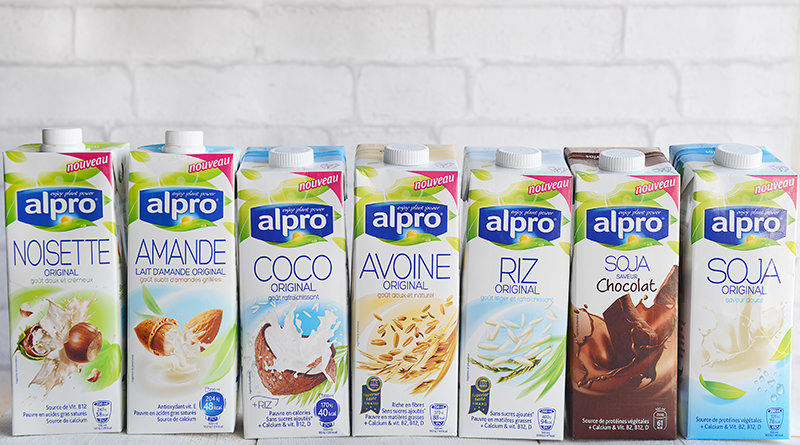 As per our strong editorial policy requirements, we base our health articles on references (citations) taken from authority sites, international journals, and research studies. However, if you find any incongruencies, feel free to write to us.
As per our strong editorial policy requirements, we base our health articles on references (citations) taken from authority sites, international journals, and research studies. However, if you find any incongruencies, feel free to write to us.
Many parents have been exploring the nutritional benefits of coconut milk for babies since it is a popular plant-based milk alternative. Of course, substituting coconut milk for breast milk or infant formula is a no-go. However, you may add a little coconut milk to the weaning baby’s or toddler’s diet.
Coconut milk is obtained from mature coconut pulp. Its peculiar taste and creamy texture make it a common choice in savory and sweet recipes. Although it cannot substitute breastmilk, it has nutritional and therapeutic properties. Therefore, it is best to opt for fresh coconut milk prepared at home than canned coconut milk.
Read on to know the benefits of coconut milk and some interesting recipes with coconut milk for babies and toddlers.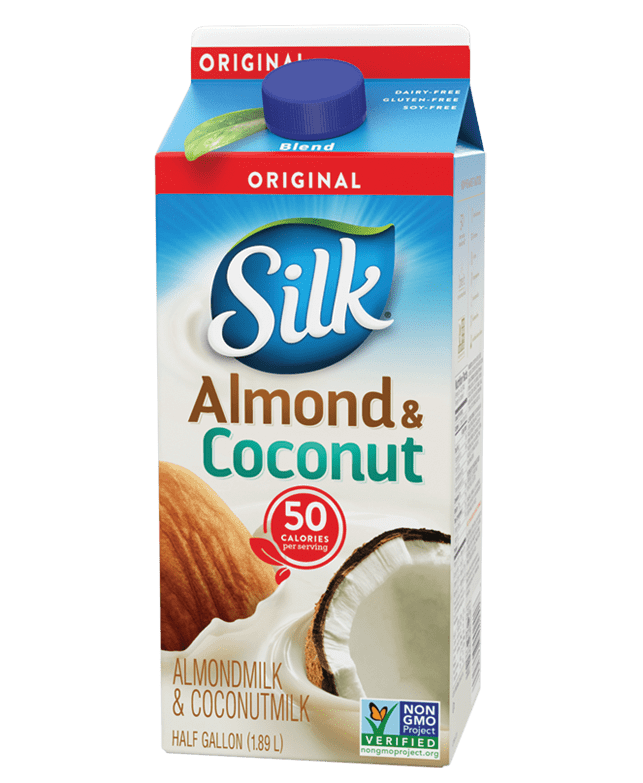
When Can You Introduce Coconut Milk To Your Infant?
Babies older than 12 months may have calcium-fortified coconut milk as the main drink (1). If you wish to introduce coconut milk sooner, adding it to the baby’s weaning food is suitable (2). You could try coconut milk-based cheese, yogurt and desserts for babies older than six months occasionally (3). In any case, consult a pediatrician before giving coconut milk to the baby.
Related: Top 10 Healthy Baby Weaning Foods And How To Start Them
Nutritional Value Of Coconut Milk
The nutritional composition and qualities of coconut milk vary depending on the quality of coconut pulp. Coconut milk sold as a dairy alternative, that is, a milk substitute, is fortified with nutrients, such as calcium and vitamin D.
One fluid ounce (30.5g) of coconut milk fortified with calcium, vitamins A, B12, and D offers the following nutrients (4) (5).
| Nutrients | Amount | RDA (12-36months) |
|---|---|---|
| Water | 28.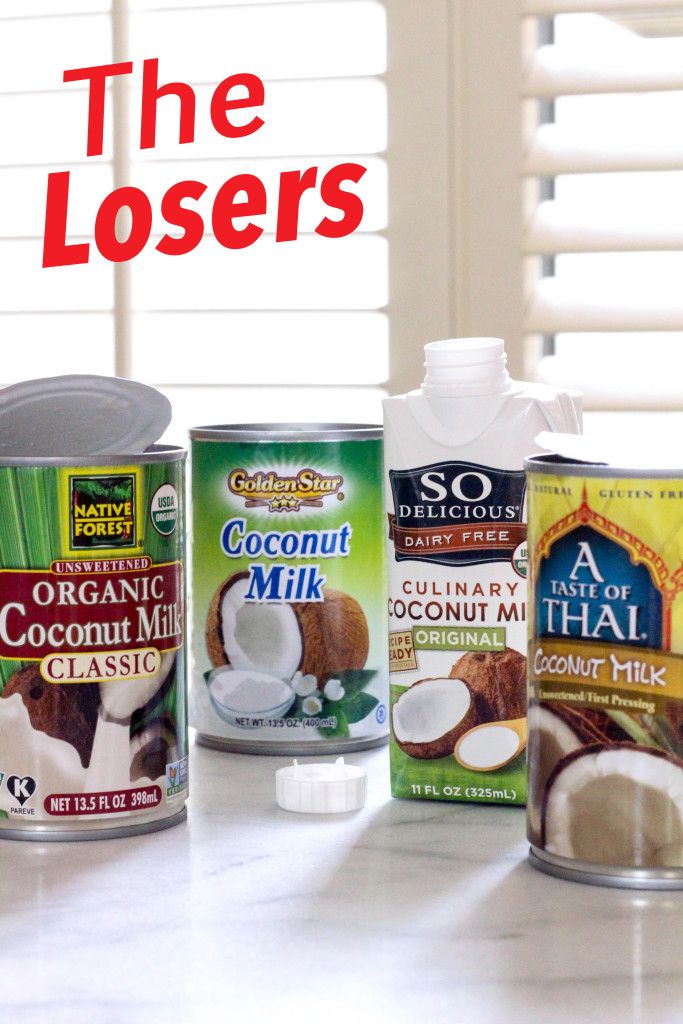 8g 8g | – |
| Energy | 9.46kcal | – |
| Protein | 0.064g | – |
| Total lipid (fat) | 0.634g | – |
| Carbohydrate, by difference | 0.891g | – |
| Calcium, Ca | 57.3mg | 500mg |
| Potassium, K | 5.8mg | 1000mg |
| Sodium, Na | 5.8mg | 225mg |
| Vitamin A | 63µg | 400µg |
| Vitamin B12 | 0.63µg | 0.7µg |
| Vitamin D | 1µg | 10µg |
Sources: US Department of Agriculture and World Health Organization
Coconut milk is often considered an alternative for lactose intolerant babies. However, whether to use coconut milk for a baby is a decision you need to make with a pediatrician. Some other dairy alternatives are soy milk, rice milk, oats milk, almond milk, and hemp milk.
Related: When Babies Can Have Soy Milk, And Myths About Soy Formula
Possible Health Benefits Of Coconut Milk For Babies
Coconut milk has nutritional elements, such as medium-chain triglycerides and bioactive compounds that could benefit health over time (6) (7).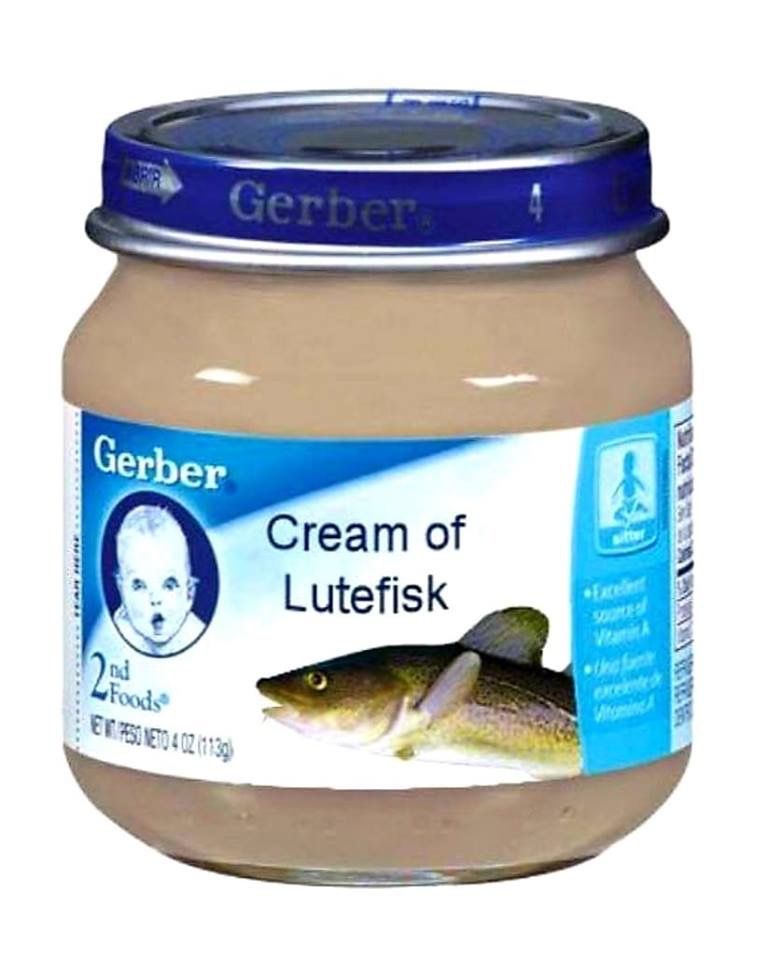 Below are some notable benefits of coconut milk that a baby may reap.
Below are some notable benefits of coconut milk that a baby may reap.
- Offers nutrients: Coconut milk is calorie-rich, has high amounts of saturated fat and minerals (8). This nutritional profile could make it a good choice for babies who need these nutrients to maintain their rapid growth and development.
- Improves digestion: Coconut milk is considered to improve digestion and alleviate constipation through its high water content and bioactive compounds (9). However, clinical evidence to support this theory is limited.
- Strengthens immunity: The nutritional components of coconut milk could stimulate the immune system (10). Also, it contains bioactive compounds possessing antioxidant properties. The medium-chain triglycerides (MCTs), such as lauric acid, present in coconut milk, may help fight infections and illnesses (11).
- Supports brain development: Research shows that coconut milk contains considerable amounts of saturated fatty acid (10).
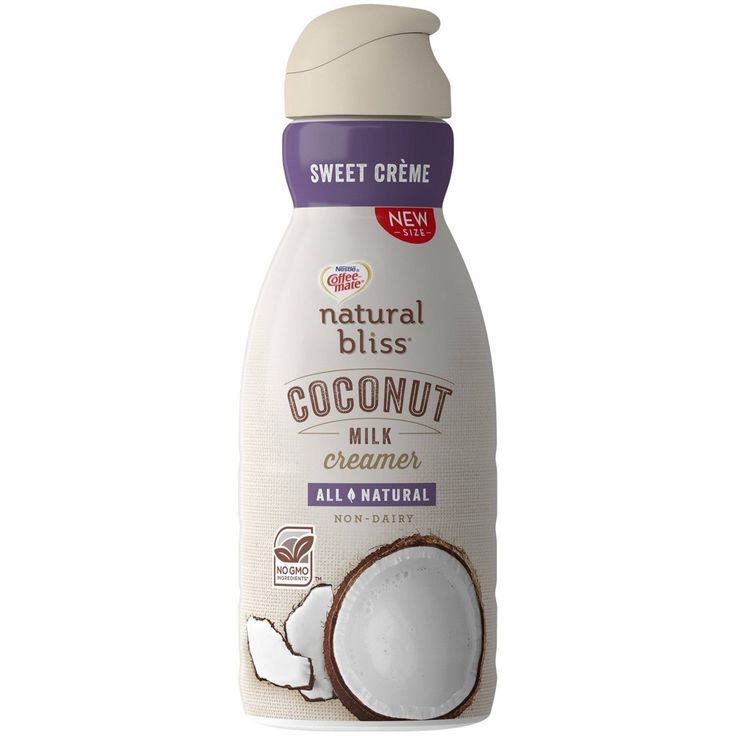 These fatty acids may support the baby’s healthy brain development in the long run.
These fatty acids may support the baby’s healthy brain development in the long run.
Besides these, coconut milk may also reduce inflammation and promote heart health over time.
Related: Signs Of Bacterial Infections, Causes, Diagnosis, & Treatment
Possible Side Effects Of Coconut Milk For Babies
Although coconut milk offers certain benefits, its use among babies is not promoted. One cup of coconut milk offers 0.51g of protein, which is significantly lower protein than whole cow milk, which contains 7.69g of protein (12). Also, coconut milk is high in saturated fat, which may fill your baby’s little tummy and suppress their appetite for breast milk or formula milk, and other foods. It will be a good idea to keep saturated fat intake to a minimum.
Commercial coconut milk, usually sold as a milk substitute, is often diluted and may contain artificial sweeteners and thickeners (10). These compounds may not be good for the baby’s health, and parents might want to avoid.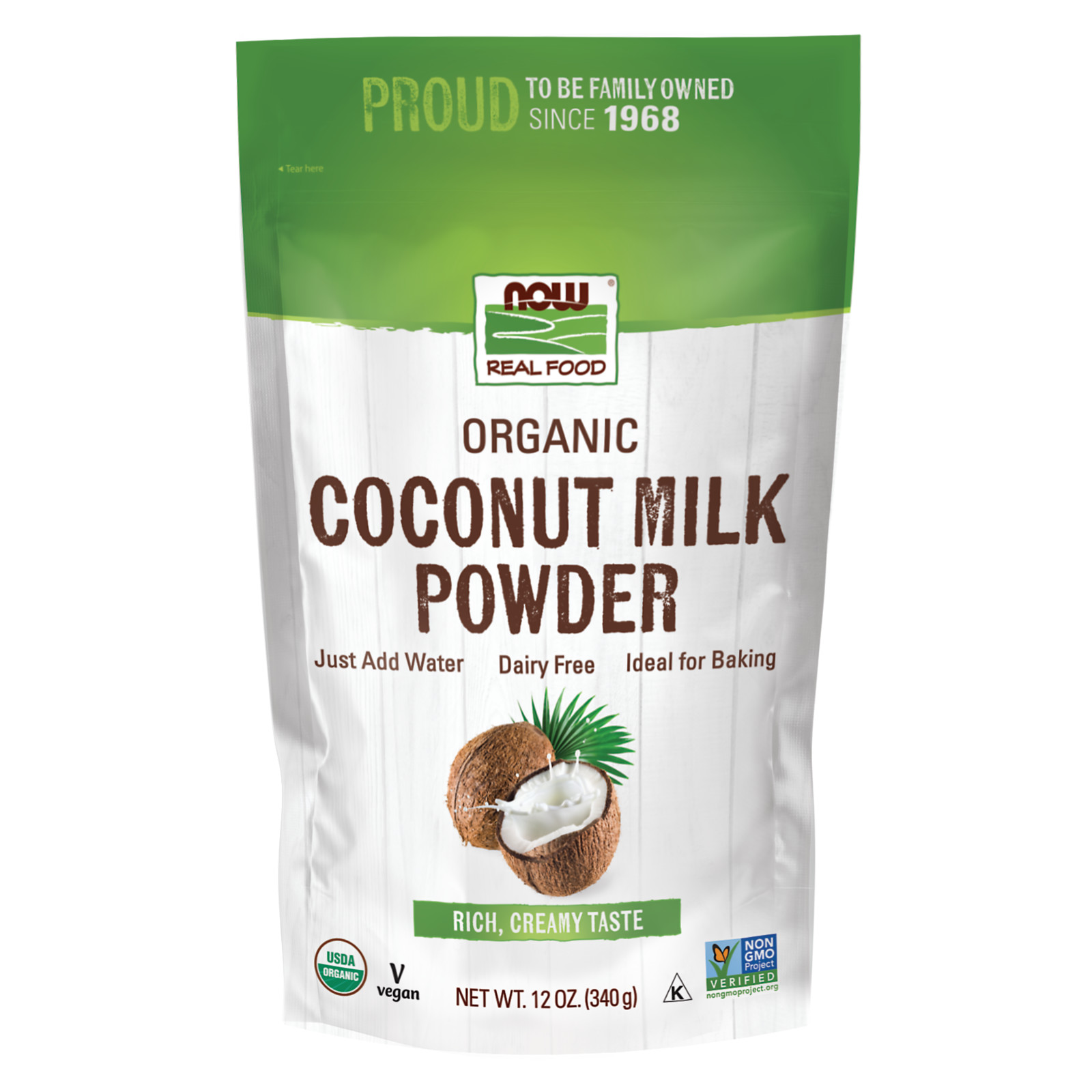 Coconut is also a potential allergen though the allergy is not as common.
Coconut is also a potential allergen though the allergy is not as common.
Note: If you wish to use coconut milk for cooking, use canned coconut milk specifically made for cooking purposes.
Precautions To Take While Using Coconut Milk For Babies
Here are some precautions to observe while using coconut milk for babies.
- Prefer to buy packaged coconut milk from a reputable and trusted brand. Look for no-sugar options fortified with essential nutrients, such as calcium and vitamin D.
Point to consider
Look for BPA-free labels on cans or plastic containers of commercial coconut milk.
- Introduce coconut milk as a part of other foods, such as mash, puree, or porridge. Keep the intake occasional as its protein and calcium content is not enough. Being rich in calories and fats, it can keep your baby full for longer and suppress its appetite.
- Begin by feeding a teaspoon of coconut milk as a part of food preparation and gradually increase the intake to a tablespoon and then to two.

- After ingesting coconut milk, if the baby experiences discomfort or shows signs of sensitivity or intolerance, discontinue feeding, and try later.
- Allergy after eating coconut is rare, but the allergic reaction after touching coconut, called contact dermatitis, is relatively common (13). If the baby has an existing dermatitis condition or a family history of skin allergies, consult a doctor before introducing coconut milk.
- Cross-reactivity of coconut with walnut and hazelnut has been reported. Most individuals with a tree nut allergy can eat coconut and its products (14). Nevertheless, if your baby has nut or other food allergies, consult a doctor before introducing coconut milk.
- Serve coconut milk as a drink to toddlers occasionally. Plain coconut milk, coconut milkshake, and coconut milk smoothie are some options to try.
- Keep the intake of coconut milk occasional, even for older toddlers.
 Toddlers older than two years should consume low-fat foods for effective weight management and optimum heart health (15).
Toddlers older than two years should consume low-fat foods for effective weight management and optimum heart health (15).
Quick tip
Coconut milk goes well with fish and meats and enhances their flavor.
Healthy Coconut Milk Recipes For Babies And Toddlers
Below are some easy-to-prepare, healthy coconut milk recipes that can enhance the nutritional value of your baby’s diet.
1. Coconut milk puree (6 months+)
Image: Shutterstock
You will need:
- ¼ cup mango puree
- ¼ banana puree
- ½tsp dry fruit powder
- 2tbsp coconut milk
How to prepare:
- Mix all the ingredients in a mixing bowl thoroughly. Ensure no lumps are present.
- Transfer some amount in a feeding bowl and feed the baby. Store the remaining amount in an airtight container in the refrigerator for no more than two days.
2. Creamy lentil veggie curry (8 months+)
Image: Shutterstock
You will need:
- 50g red lentil (cooked)
- ½ cup corn kernels
- ½ carrot (peeled and finely chopped)
- ½ capsicum (finely chopped)
- 1 small onion(finely chopped)
- ½ cup coconut milk
- 1½ cup water
- 2tbsp olive oil
How to prepare:
- Heat the oil in a frying pan over low heat.
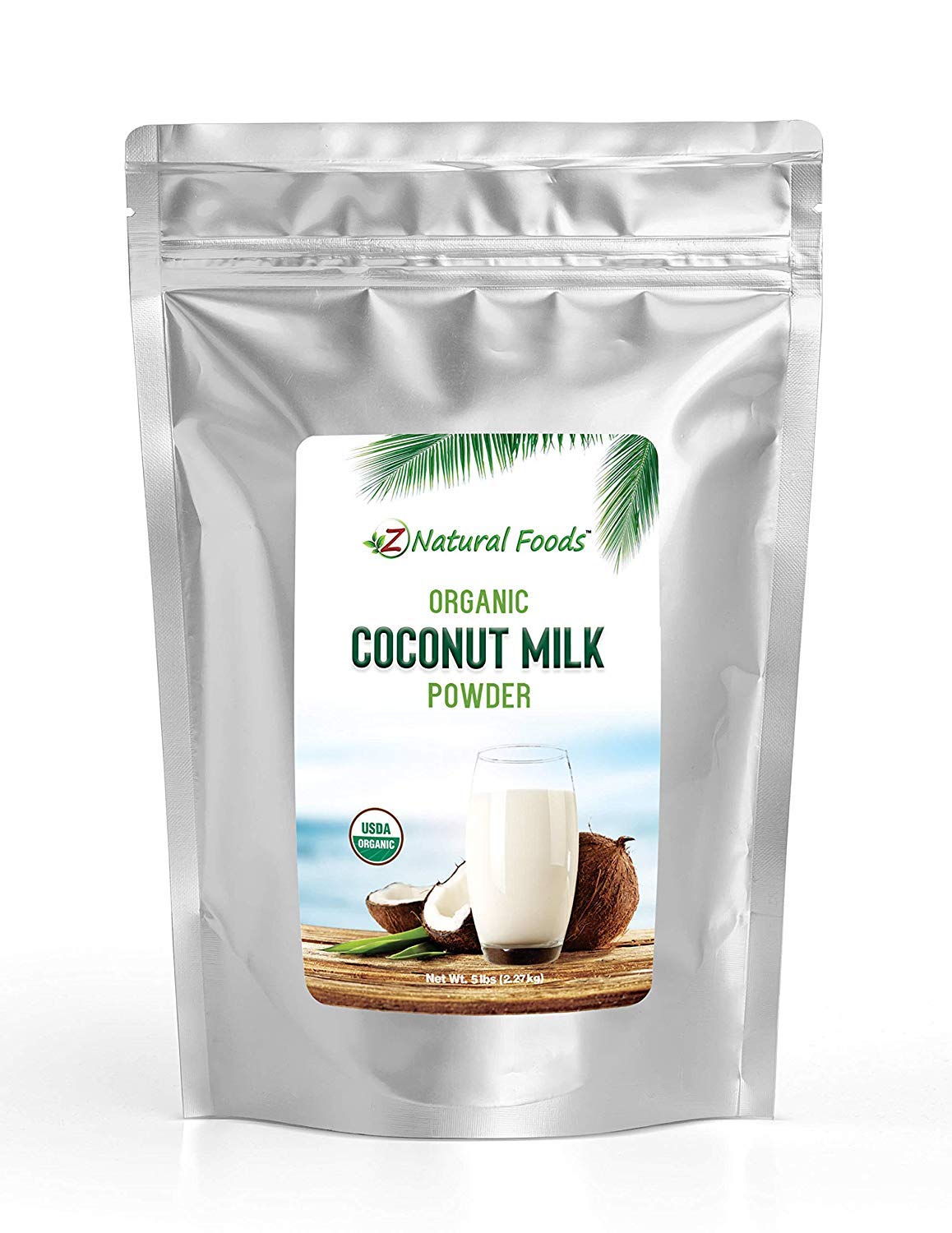 Add onions and fry them until they turn golden brown.
Add onions and fry them until they turn golden brown. - Stir in the lentil, corn kernels, carrot, and capsicum. Cook for five minutes until the veggies turn soft.
- Add water and coconut milk to the mixture and bring to boil over medium heat.
- Lower the flame, cover the pan and simmer the mixture for 15 to 20 minutes.
- When the lentils are soft, turn off the heat and set the pan aside to cool. The curry is ready.
- Mash or blend to appropriate texture before feeding it to the baby.
Quick tip
Adding a tablespoon of fresh tomato puree can impart a tangy flavor to the dish.
3. Sago and coconut milk porridge (10 months+)
Image: Shutterstock
You will need:
- ¼ cup sago (washed, drained, and soaked)
- 1 cup coconut milk
- 1cup water
- 1tsp dry fruit powder
- ⅛ tsp cardamom powder
How to prepare:
- Boil coconut milk and water mix in a saucepan over low heat.
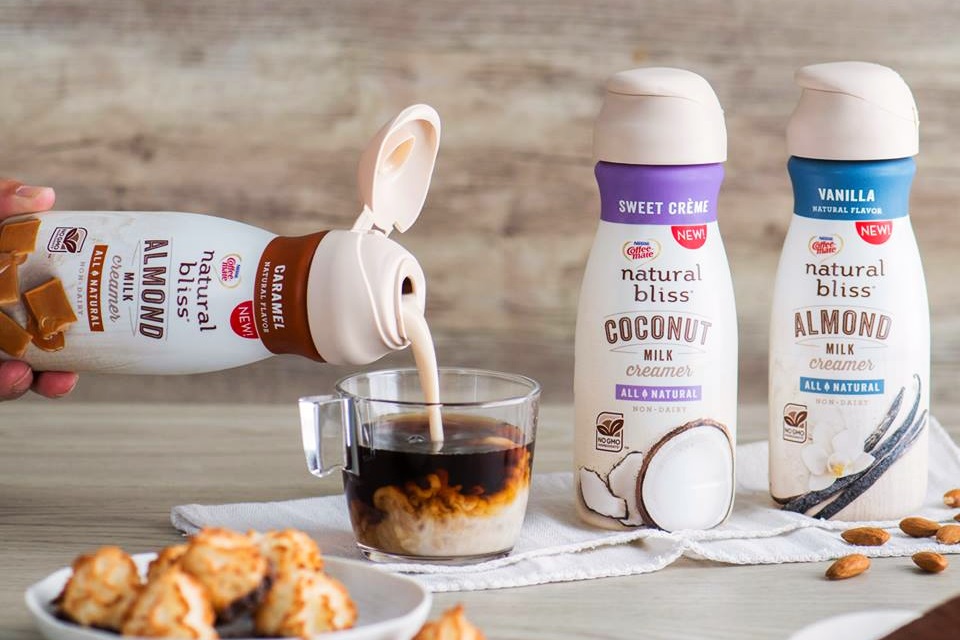
- Add cardamom powder, dry fruit powder, and sago. Cook for seven to eight minutes while stirring occasionally. Ensure no lumps are present.
- As the milk boils, it will thicken. Add more water to adjust the porridge’s consistency.
- Once the mixture thickens as desired, turn off the flame, and set the porridge aside to cool. Pour some porridge into a feeding bowl and feed.
4. Banana and coconut milk smoothie (12 months+)
Image: Shutterstock
You will need:
- 1 cup coconut milk
- 1 mashed banana
- ½tsp jaggery
- 1tsp dry fruit powder
How to prepare:
- Blend all the ingredients into a smooth-flowing smoothie in a blender. Ensure no lumps are present.
- Pour the smoothie into a serving glass and serve.
- You can add more seasonal fruits, such as mango, peach, berries, and pineapple.
Quick tip
Coconut milk can be easily made at home by adding 4 cups of warm water to 2 cups of shredded fresh coconut and blending them.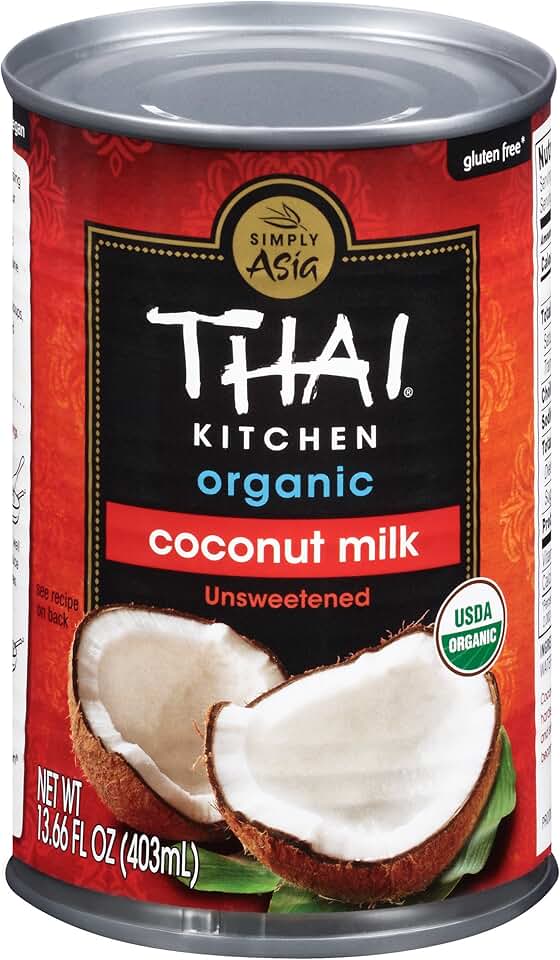 Strain the liquid through muslin cloth and store in the refrigerator.
Strain the liquid through muslin cloth and store in the refrigerator.
1. Which is healthier for my baby, coconut or almond milk?
Babies under the age of 1 year are suggested not to drink almond milk (16). Coconut milk-based food, on the other hand, can be recommended to babies along with other foods after the baby reaches six months of age (3). However, consult a specialist before including them in the diet, as they are considered food allergens.
2. Can coconut milk hurt the stomach of my baby?
Coconut milk may hurt a baby’s stomach due to saturated fat content that may cause trouble with digestion (17).
Coconut milk for babies is an energy-dense beverage that they can consume along with other weaning foods. Feeding coconut milk to babies under 12 months is strongly discouraged. However, toddlers can consume a cup of coconut milk as their main drink or as a part of other foods such as soups, curries, porridge, and cakes. But never replace whole cow’s milk or breast milk with coconut milk since it lacks certain essential nutrients that babies and toddlers need for proper growth and development.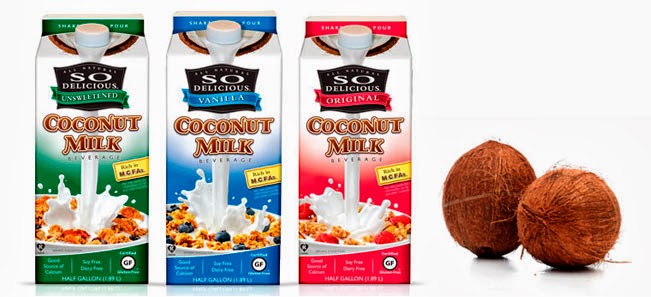 Instead, include coconut milk in moderation as a part of a balanced diet to enjoy its benefits.
Instead, include coconut milk in moderation as a part of a balanced diet to enjoy its benefits.
Key Pointers
- Babies older than 6 months may occasionally consume coconut milk-based products.
- Coconut milk is nutritious and also available fortified with calcium and vitamins.
- Make sure you buy packaged coconut milk from a reputable and trusted brand and keep the intake occasional for babies.
- Check out coconut milk puree, creamy lentil veggie curry, and other recipes to enhance the nutritional value of your baby’s diet.
References:
MomJunction's articles are written after analyzing the research works of expert authors and institutions. Our references consist of resources established by authorities in their respective fields. You can learn more about the authenticity of the information we present in our editorial policy.
1. Milk free diet for babies; NHS
2. Milk free diet for babies; NHS
3.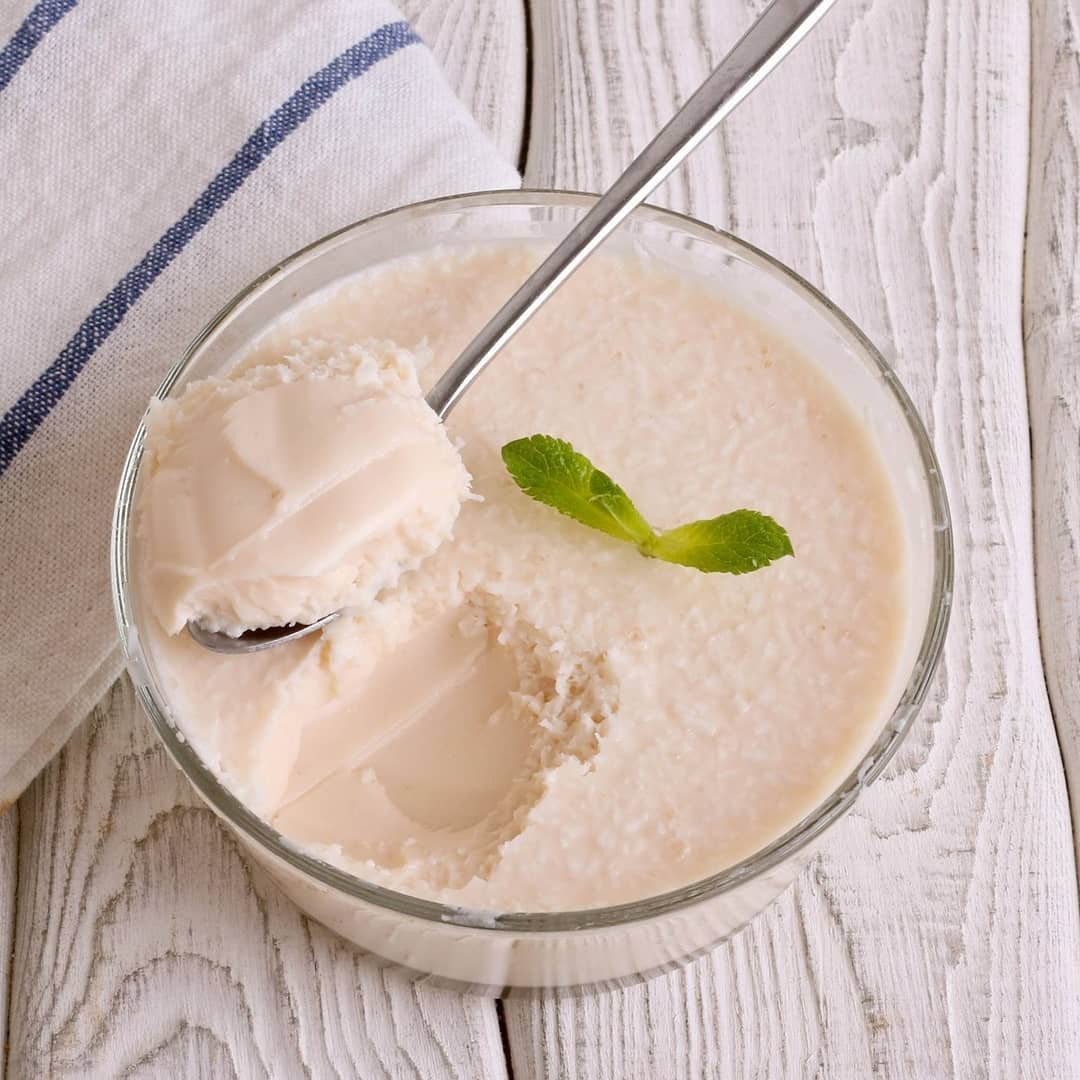 Cow’s Milk Free Diet for Infants and Children; NHS
Cow’s Milk Free Diet for Infants and Children; NHS
4. Coconut milk, FDC ID: 1097553; Fooddata Central; USDA
5. Feeding and nutrition of infants and young children; WHO
6. Kokilavani et al.; Identification of Volatile Compound in Coconut Milk Samples Using GC-MS; International Journal Of Current Microbiology Applied Sciences
7. Asiri N. Karunasiri et al.; Antioxidant and Nutritional Properties of Domestic and Commercial Coconut Milk Preparations; NCBI
8. Victor Ephraim Edem et al.; Optimization of Coconut (Cocosnucifera) Milk Extraction Using Response Surface Methodology; International Journal of Nutrition and Food Sciences
9. The Benefits of Coconut Milk; Jamaica Hospital Medical Center
10. Elvira Verduci, et al.; Cow’s Milk Substitutes for Children: Nutritional Aspects of Milk from Different Mammalian Species, Special Formula and Plant-Based Beverages; NCBI
11.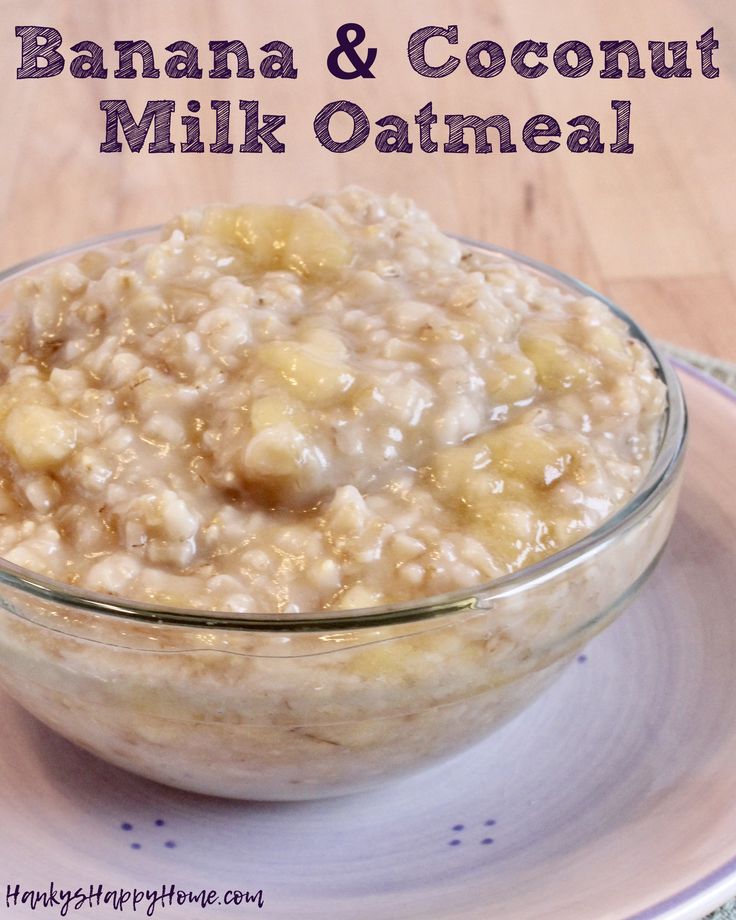 SaifAlyaqoubi et al.; Study of antioxidant activity and physicochemical properties of coconut milk (Patisantan) in Malaysia; Journal of Chemical and Pharmaceutical Research
SaifAlyaqoubi et al.; Study of antioxidant activity and physicochemical properties of coconut milk (Patisantan) in Malaysia; Journal of Chemical and Pharmaceutical Research
12. Cow’s Milk Alternatives: Parent FAQs; AAP
13. Coconut Allergy; Australian Society Of Clinical Immunology And Allergy
14. Coconut Allergy; Anaphylaxis Campaign
15. Dietary fat and children; Medline Plus; US National Library Of Medicine
16. Dairy and alternatives in your diet
17. Caring for Children
The following two tabs change content below.
- Reviewer
- Author
when you can drink and how much
› ›
Coconut milk seems like a healthy drink. In addition, it has a pleasant creamy, slightly sweet taste that many children like. They just want to treat the child, especially if he is allergic to cow's milk.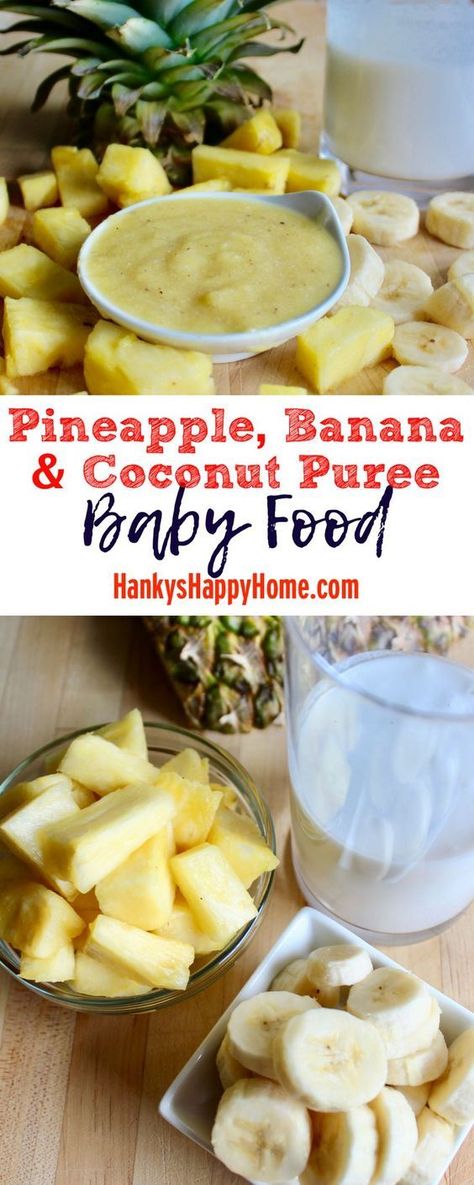 The product contains many nutrients necessary for the growth and development of the baby. But at what age can coconut milk be safely given to children? And why can't it be considered a full-fledged replacement for breast and cow's milk?
The product contains many nutrients necessary for the growth and development of the baby. But at what age can coconut milk be safely given to children? And why can't it be considered a full-fledged replacement for breast and cow's milk?
Photo: Depositphotos.com. Author: snyfer.
Attention! Talk to your pediatrician before introducing your child to this exotic drink.
Contents
To obtain it, the crushed pulp of the nut is boiled and squeezed.
You can give: age restrictions
Coconut milk is not considered a dairy product in the classical sense and is safe for babies with lactose intolerance.
Many American pediatricians set the same age limits for the use of coconut and its derivatives as for nuts. In other words, a child can try such milk from the age of 3. Especially if one of the parents has a history of food allergies.
If the child is lactose intolerant and the next of kin do not have food allergies, the product can be carefully introduced into the baby's diet starting from 8-12 months.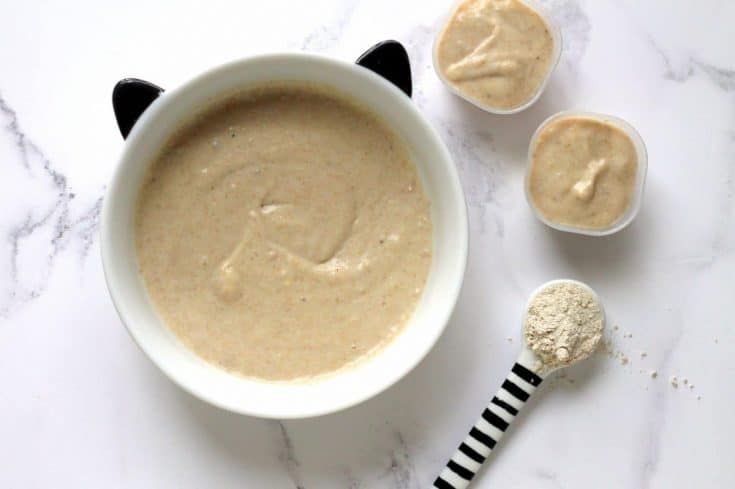 And watch the reaction of the body.
And watch the reaction of the body.
Rules for first acquaintance
After the first test (literally a couple of teaspoons), observe the child for three days. At the same time, do not introduce new foods into his diet that can blur the clinical picture. If there are no intolerance symptoms, you can safely give it to your baby as an independent drink, dilute infant formula on it or add it to various dishes: cereals, milk soups, mashed potatoes, boiled rice, etc.
adding fruits (strawberries, mangoes, bananas).
Allergy risk
Coconuts are highly allergenic, so the risk of an allergic reaction in children at the first meeting is quite high. Depending on the individual characteristics of the child's body, the symptoms range from mild to severe.
If your baby develops a rash, itches, or vomits after drinking a coconut drink, seek medical attention immediately.
Nutritional value
Coconut milk is rich in nutrients. It mainly contains vegetable fats that children need for brain development, strengthening defenses and improving skin condition.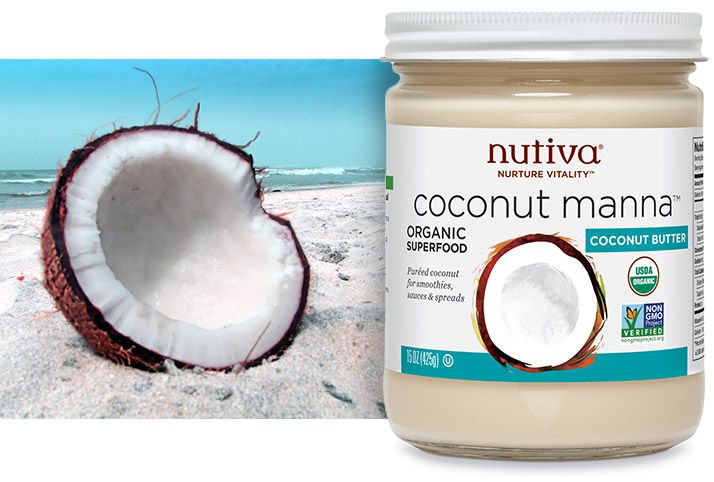 And some protein.
And some protein.
The drink also contains vitamins (C, E, thiamin) and minerals (iron, magnesium, zinc) to support the child's health, development and immunity.
| Nutritional value of coconut milk (per 100 g) | |
|---|---|
| Substance | Contents |
| Proteins (proteins) | 2.3 g |
| Minerals, mg | |
| Iron | 1.6 |
| Zinc | 0.67 |
| Potassium | 263 |
| Magnesium | 37 |
| Calcium | 16 |
| Phosphorus | 100 |
| Vitamins, mg | |
| Thiamine (B1) | 0.03 |
Baby health benefits
Baby health benefits of coconut milk:
-
- Helps with the development of the child's brain due to the increased content of healthy fats: saturated, mono- and polyunsaturated.
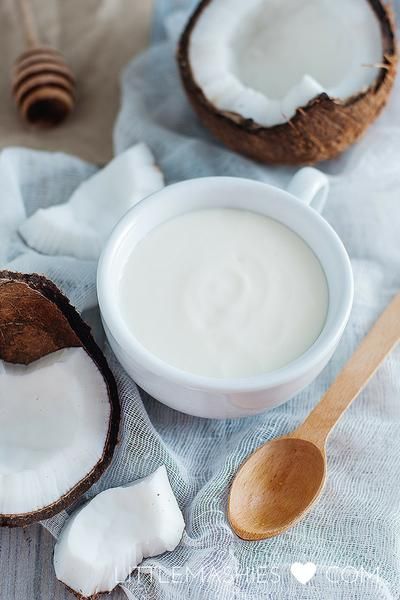
- Strengthens the baby's immune system thanks to vitamin C (a strong antioxidant, a participant in the processes of hematopoiesis and regeneration) and fatty acids.
- Maintains normal blood pressure as it contains potassium and sodium in the optimal ratio.
- Shows antimicrobial properties, protecting the growing organism from viruses, bacteria and microbes.
- Helps with the development of the child's brain due to the increased content of healthy fats: saturated, mono- and polyunsaturated.
Coconut milk and coconut water contain lipids involved in the formation of antibodies.
- Fights worms. The drink contains antimicrobial lipids, capric and lauric acids, which kill parasites in the intestines, increase the child's immunity and relieve pain (reduce pain in the baby's tummy) during treatment.
Breast milk is beyond competition
This drink cannot replace breast milk in an infant's diet as it lacks many vital nutrients. If the mother has problems with lactation, the baby is transferred to infant formula, but not to cow's milk, and even more so coconut milk.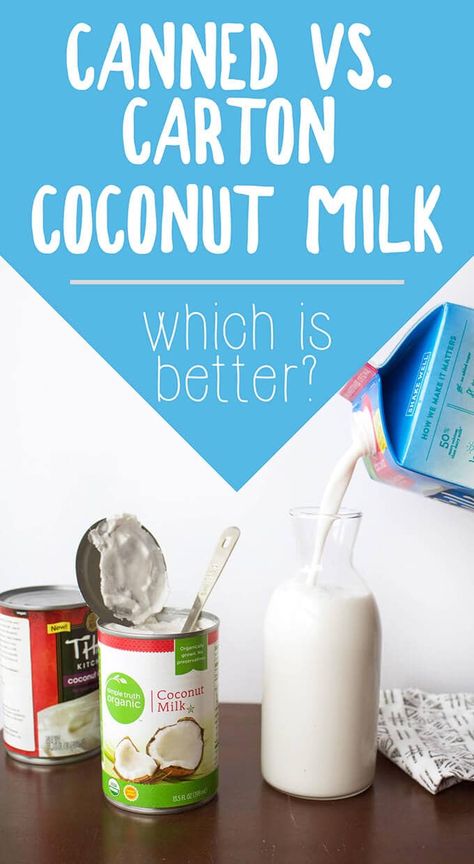
An exotic drink loses to mother's milk for the following reasons:
- It contains little protein (only 2.3 g per 100 g), which is necessary for the development of all organs and systems, restoration of muscles and tissues in the body. A child needs at least 11 g of protein per day.
- Low calcium content (only 10% of the children's norm). It is needed for the development of bones and teeth of the crumbs, normal proportional growth.
- Suppresses baby's appetite due to high fat content and high calorie content. After drinking coconut milk, the child may refuse to take other healthy foods and mother's milk for several hours. Over time, this can lead to vitamin and mineral deficiencies in his body.
Why not replace cow's milk
Keep in mind that the drink cannot fully replace whole cow's milk. It lacks some of the vitamins, minerals and fats required by the child's body.
A vegetarian (or vegan) baby should be given other milk alternatives in addition to coconut milk that contain the nutrients the body needs.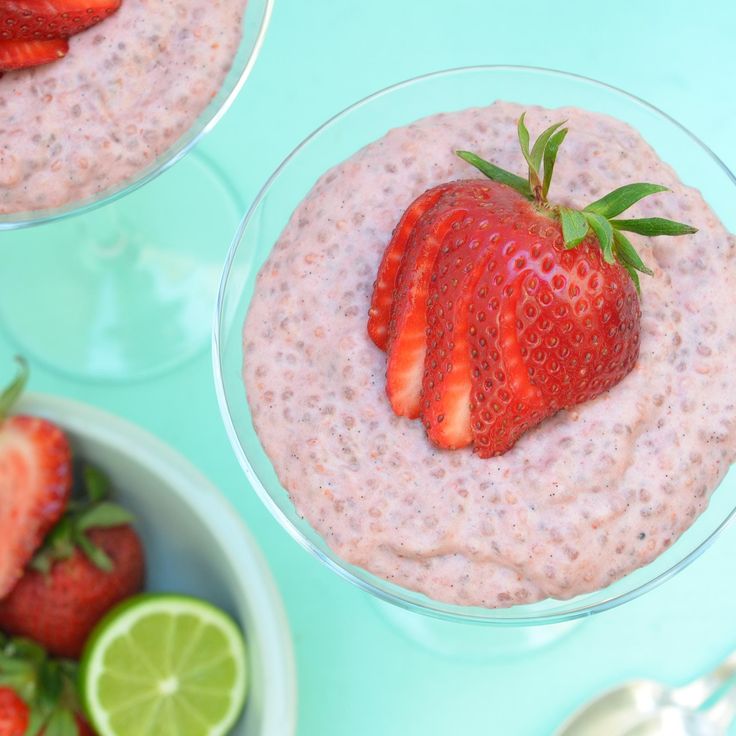 And the main thing in his diet should be soy milk.
And the main thing in his diet should be soy milk.
And cow's milk itself is not a full-fledged analogue of mother's milk. Such a replacement often leads to dehydration and iron deficiency in crumbs.
Cooking at home without preservatives
The easiest way to buy coconut milk is in the store. As a rule, it is sold in boxes or in cans. But when it comes to baby food, this is not the best solution.
It is best to prepare it at home if possible. Such a drink will definitely not contain preservatives harmful to the child. The recipe is simple.
Preparation:
- Crack one mature coconut, collect the water in a bowl and set aside.
- Remove the pulp, grate (or chop in any other way).
- Boil in a small amount of clean water.
- Mix prepared coconut water with boiled pulp, grind to a thick paste.
- Cover a colander or sieve with cheesecloth folded in several layers, pour the mixture into it.
- Squeeze coconut milk into a clean container, let cool.
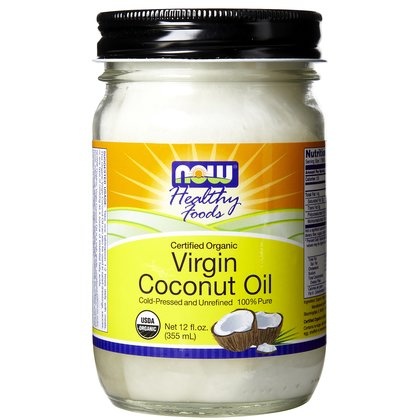
It is not recommended to store this drink for a long time.
How to give goat's milk to a child.
Share with friends:
Author: Yakusheva Tatyana
Baby Food, 6 Months 6 Months and Up, Peach Oatmeal with Coconut Milk and Pineapple
Sorry, this item is not available. You can buy Bioadditives from other sellers.
Features & Description
Description
- Stage 2
- Pledge of Integrity - Always Transparent - GMO Free
Shake well before serving.
Refrigerate after opening and consume within 24 hours. Do not microwave or freeze bags.
IngredientsOrganic peach, organic boiled oats (water, organic oats), organic coconut milk (organic coconut, water), organic pineapple, organic dates, organic lemon juice.
